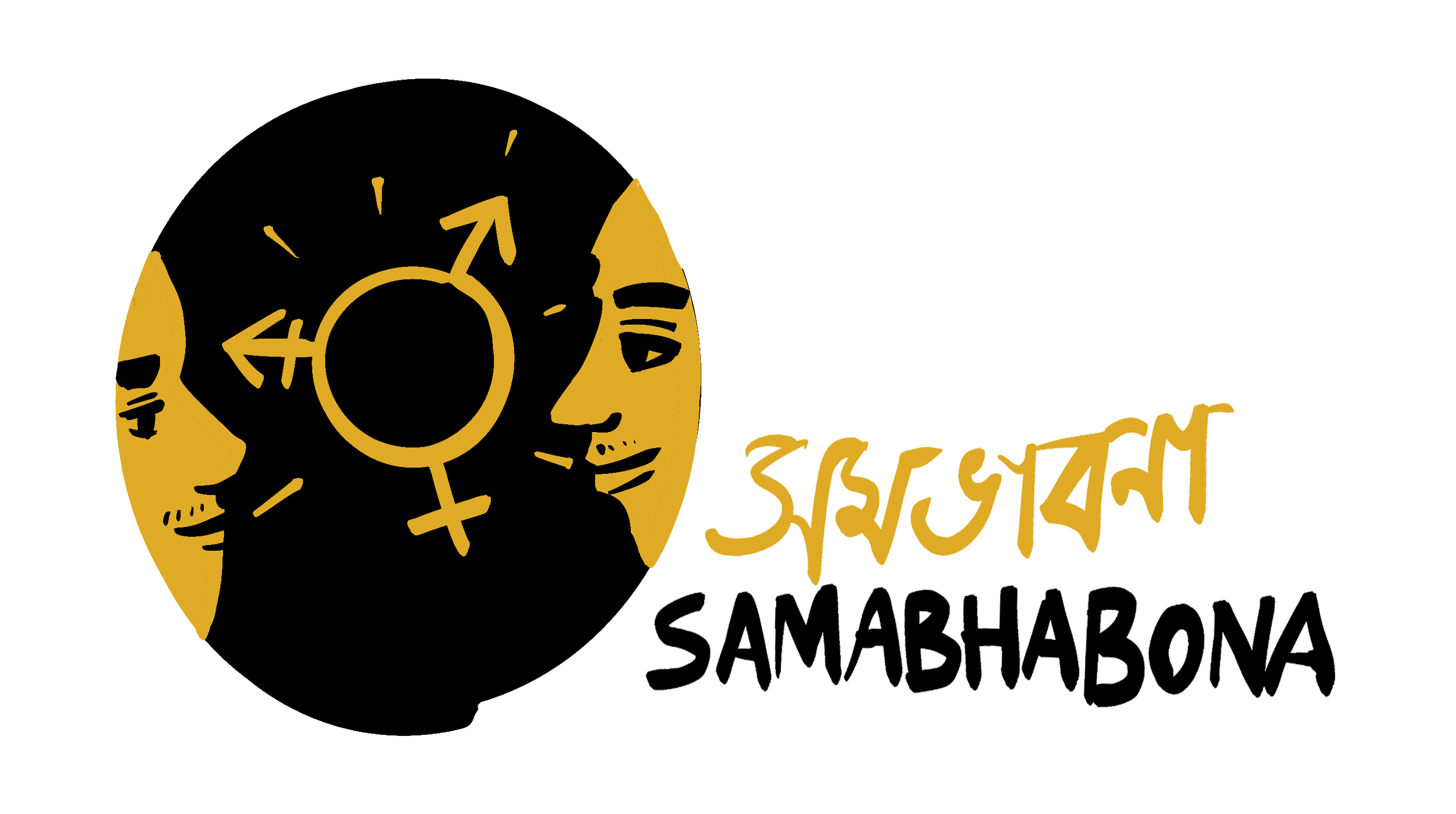Siblings Pari and Kiran struggle with each other's trans identity
The town of Islampur is the home of many trans folks. The main town is cloud of dust, trucks making their way through Siliguri, travelling with utmost urgency to make the soonest delivery slot. Old and new buildings, which don’t look many years apart loom over the city, covered in brightly coloured advertisements for construction material. Across the street a group of trans femme folk are sharing a laugh. Pari and Kiran who stand at a distance from each other, barely meet eye to eye.
Surrounding Islampur are sprawling tea gardens with the scent of fresh air that isn’t characteristic of rest of the place. Traditionally, many trans women work in these gardens during the day. At night it is cooler, little tents pop up in the outskirts and folk theatre is performed by the community in a myriad of lights and loud synth music. Rajbongshi is performed throughout villages in North Bengal. For centuries now, trans women play the roles of the women characters as cis women are banned and discouraged from performing. The actresses have incredible vocal prowess and they sing, dance and act all at the same time. During the performance, they are respected and revered. These plays help trans artists to carve out space for themselves.
Pari and Kiran are siblings who grew up in Patagorah in North Bengal near the Bangladesh border. They both work in tea plantations and are performers in traditional Rajbonshi folk theatre. As Pari dances with her phone out, Kiran looks at her disapprovingly. “I’ll get into trouble because of her.” she says.
Even though Pari and Kiran grew up in the same household their struggles have been different. While both identify as trans women, the family treated them differently while they were growing up. “I am more pampered, since I’m the youngest.” says Pari. Kiran who has always had to more tough worries about her family. She fears they will be bullied and ostracised because they have not one, but two trans children. She was afraid she will be held responsible for her sister’s identity. As they grow older Kiran is relearning her role as a sibling.
“I am learning to support Pari.”
- Kiran
While she was growing up, Kiran always thought of herself as a girl and dressed up. Her mother was supportive and would buy frocks and bangles for her. Her mother was reminded of her uncle who would also dress up in feminine attire and perform. Before passing, they had told the family they would return once again. When it became evident to her mother that Kiran wasn’t displaying conformist gender roles, she thought that her uncle had returned to her. Protected by her mother, Kiran explored gender in her village. When she faced bullying from the neighbours, her mother comforted her and stood up to the others.
From left: Pari and Kiran
The first act of violence came from school, where at the age of 12 she was made to cut off her long hair by the teacher. Her hair grew back within a year, but the teacher once again started harassing her. Kiran stood up for herself and told her “ I will keep my hair short and live as a boy, if you pay for my school and tuition fees”. Following this the teacher left her alone.
After her father had an accident, Kiran had to take financial responsibilities at home. Around this time she started performing at weddings as a dancer. Her tuition teacher was discriminatory and refused to take classes for her. To avoid bullying and harassment in school, she would skip most of her classes. Despite this Kiran managed to complete her first set of board exams.
But the bullying only got worse and she could not study further because of the bullying and harassment she faced in school. Kiran started looking for work at the tea gardens, but was initially refused employment because of her gender identity. She started singing at Rajbonshi theatre to earn a living, and has been singing ever since. In theatre, she is mostly cast as a villain she says. She first met community through a friend who had taken her to local trans activist, Joyeeta’s office. After this, she regularly went to her office to meet her friends from the community .She also started working at the community office for a while. Kiran’s dream is to work a comfortable government job, with a desk and an office.
What was an economic obligation for Kiran, was a choice for Pari. Pari was mesmerised by the world of folk theatre right from childhood. She loved dressing up and growing her hair, she also had relatives who performed in Rajbonshi theatre and would pester her mother to introduce her to them. In school Pari faced bullying as well, but she began to hide her identity. Sharing the same fears as Kiran, she never expressed herself. Kiran also actively discouraged her from doing so, being angry when Pari tried to express herself. This led to a rift between the two for many years. Pari managed to go to college, but her primary interest never lay in education which she neglected in order to run away with theatre troupes for a few days at a time to perform in remote areas.
Pari also works at the tea plantation, but her heart isn’t in it. “She isn’t practical, refuses to work hard and help out. She only wants to dance.” Kiran says. But for Pari, having had to hide for so long meant that theatre was the only place she can truly be herself. “We are trying to set our differences and histories aside, but there is a long way to go.” says Pari. As the wounds heal for these two sisters, they try to rebuild home and trust with each other.


